Vitamins are essential nutrients that play a vital role in maintaining the health and well-being of dogs. From supporting immune function to promoting growth and development, vitamins are involved in various physiological processes. In this comprehensive guide, we’ll explore everything you need to know about vitamins for dogs, including their functions, dietary sources, potential deficiencies, and more.
Contents Overview
Understanding Vitamins
Vitamins are organic compounds that are necessary for normal metabolic functioning but cannot be synthesized in sufficient quantities by the body and must be obtained through the diet. There are two main categories of vitamins: fat-soluble vitamins (A, D, E, and K) and water-soluble vitamins (B-complex vitamins and vitamin C).
Functions of Vitamins in Dogs
Vitamins play diverse and essential roles in dogs’ bodies:
- Immune Function: Certain vitamins, such as vitamin C and vitamin E, support immune function, helping dogs fight off infections and diseases.
- Bone Health: Vitamins D and K are crucial for bone health, promoting proper calcium absorption and bone mineralization.
- Vision: Vitamin A is essential for maintaining healthy vision and supporting proper eye function.
- Skin and Coat Health: Biotin (a B-complex vitamin) and vitamin E contribute to healthy skin and a shiny coat.
- Energy Metabolism: B-complex vitamins, including thiamine, riboflavin, and niacin, play a role in energy metabolism, helping dogs convert food into energy.
Dietary Sources of Vitamins for Dogs
Dogs can obtain vitamins from various dietary sources, including:
- Meat and Fish: Lean meats like beef, chicken, and fish are rich in vitamins such as vitamin B12, vitamin D, and vitamin E.
- Fruits and Vegetables: Colorful fruits and vegetables like carrots, sweet potatoes, berries, and leafy greens provide vitamins A, C, and K, as well as various B-complex vitamins.
- Egg Yolks: Egg yolks are a good source of vitamins A, D, and E.
- Commercial Dog Foods: High-quality commercial dog foods are formulated to provide balanced nutrition, including essential vitamins.
Signs of Vitamin Deficiencies in Dogs
Vitamin deficiencies can lead to various health problems in dogs. Some signs of vitamin deficiencies include:
- Dull Coat: A deficiency in certain vitamins, such as biotin and vitamin E, may result in a dull, dry coat and skin issues.
- Poor Growth: Vitamin deficiencies can impair growth and development in puppies, leading to stunted growth or skeletal abnormalities.
- Weakened Immune System: Insufficient intake of vitamins C and E may weaken the immune system, making dogs more susceptible to infections.
- Vision Problems: Vitamin A deficiency can cause vision problems and night blindness in dogs.
Preventing Vitamin Deficiencies
To prevent vitamin deficiencies, it’s crucial to feed your dog a balanced diet that includes a variety of nutrient-rich foods. Commercial dog foods labeled as “complete and balanced” are formulated to meet dogs’ nutritional needs, including essential vitamins.
Consulting a Veterinarian
If you suspect your dog has a vitamin deficiency or imbalance, consult your veterinarian. They can perform diagnostic tests, recommend dietary adjustments, or prescribe supplements if necessary.
Bottom Line
Vitamins are essential for maintaining the overall health and well-being of dogs, supporting vital functions such as immune function, bone health, and energy metabolism. By providing a balanced diet rich in essential vitamins and seeking veterinary guidance when needed, you can help ensure that your canine companion stays happy, healthy, and thriving for years to come.


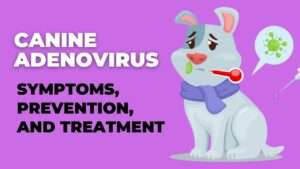



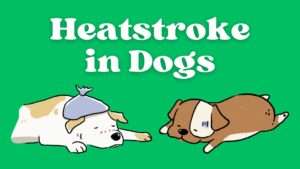


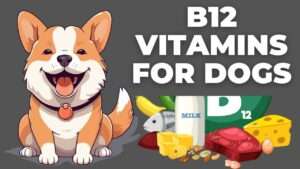

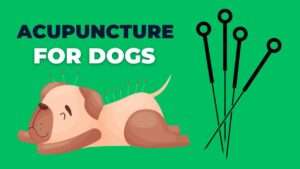










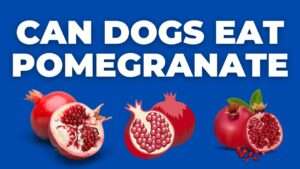





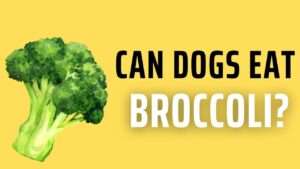







+ There are no comments
Add yours